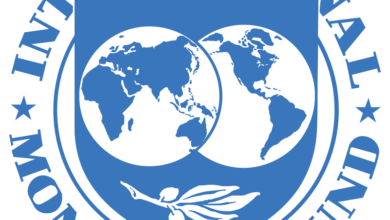
In recent months, Ghana has faced serious allegations of fiscal mismanagement and corruption during the Akufo Addo-Bawumia administration. A recent report uncovered an overpayment of Gh¢2 million to school feeding caterers between 2017 and 2022. This revelation not only highlights the government’s failure to fulfill promises of sound financial management but also underscores a significant breach of public trust.
Upon assuming office, President Nana Addo-Bawumia pledged to safeguard the public purse and ensure transparency in governance. However, recent events paint a starkly different picture. The term “Pen-Robbers” has emerged to describe officials exploiting their positions to legally divert public funds, severely damaging public confidence and tarnishing Ghana’s reputation. This misallocation of resources is especially troubling in a country rich with natural wealth, where vital services such as school feeding programs are crucial for supporting vulnerable schoolchildren.
The ramifications extend beyond financial losses, directly impacting Ghana’s most vulnerable citizens—schoolchildren reliant on these meals for nutrition and educational support. Mismanagement not only deprives these children of essential assistance but also perpetuates cycles of poverty and inequality. As concerned citizens, it is imperative that we hold our leaders accountable and demand heightened transparency and integrity in governance. Only through such measures can Ghana’s resources be managed responsibly and fairly for the benefit of all its people.
The Educate Africa Institute (EAI) expresses deep concern over these developments and calls for immediate accountability. We are committed to prioritizing Ghana’s interests and the well-being of its citizens.
William Boadi
Executive Director, Educate Africa Institute (EAI)
Educationist, Political Analyst, and Social Worker




